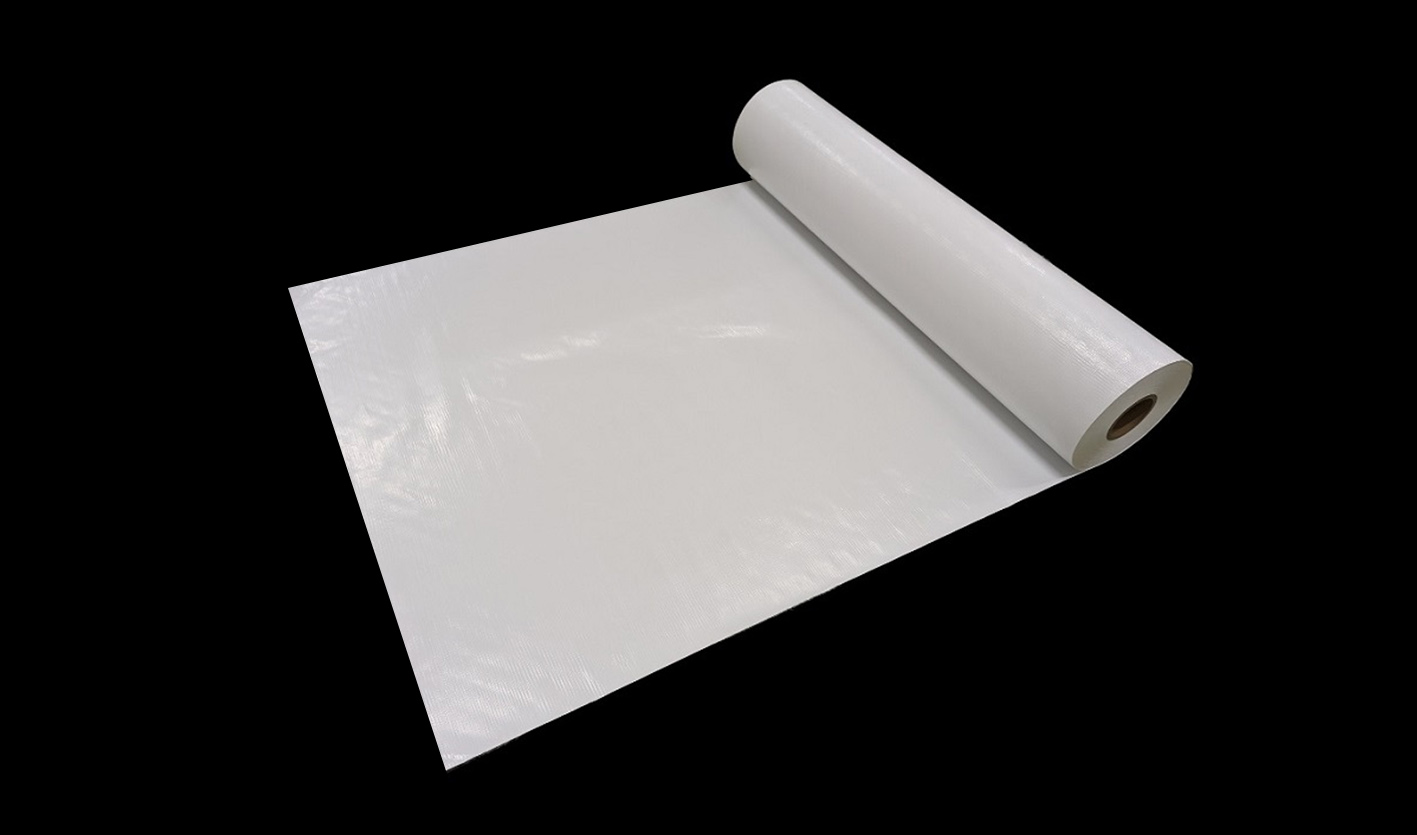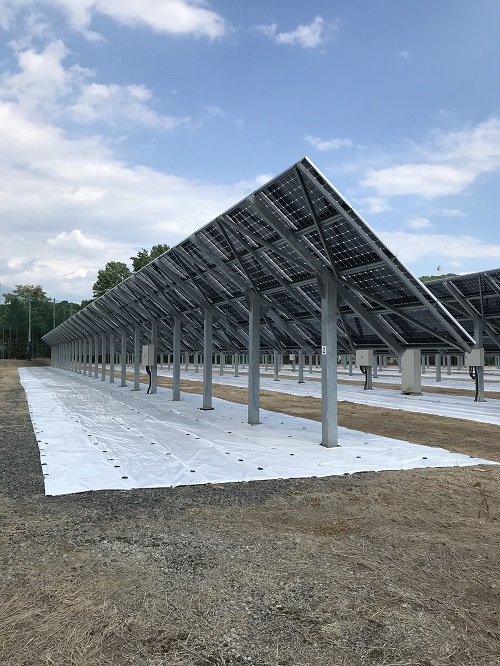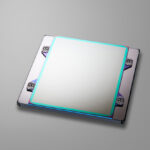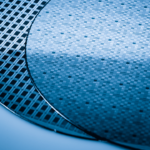ASIA ELECTRONICS INDUSTRYYOUR WINDOW TO SMART MANUFACTURING
New DNP Sheets Boost Bifacial PV Modules
Dai Nippon Printing Co., Ltd. (DNP) has commenced supply of DNP reflective sheets for solar power plants. The use of these sheets improves power generation output in bifacial solar cell modules. Specifically, the newly offered product is a sheet laid on the ground surface at power plants where the photovoltaic (PV) modules, which generate electricity by receiving light on both faces, are installed. Generally, improving the reflective ability of sunlight, referred to as Albedo, increases the amount of light that enters the rear side of the module. Accordingly, it boosts power generation.


The company has been conducting demonstration tests at a solar power plant in Asahikawa City, Hokkaido since 2020. It has confirmed that the effect of the sheet boosts power generation by approximately 6%. Also, it has confirmed that the system maintains performance even three years following installation.
Developmental Background
In 2012, the Japanese government introduced a Feed-in Tariff (FIT) system with the aim of spreading and developing renewable energy. Under the FIT, power companies purchase electricity generated from renewable energies, such as solar and wind power, at a fixed price for a set period. Specifically, the applicable period is 10 years for solar power generation with a capacity of less than 10kW. However, the period is 20 years for solar power generation with a higher capacity.
The number of power plants in operation for around 10 years has been s increasing, and related equipment upgrades are rising. As a result, repowering is being implemented to increase power generation by introducing new bifacial photovoltaic modules. Repowering is the process of replacing older power stations with newer ones that either have a greater capacity or higher efficiency. This results in a net increase of power generated.
In response to these needs, DNP has commenced supply of DNP reflective sheets for solar power plants. It leveraged its track record of providing back sheets and encapsulants for solar cell modules with high durability and reliability. Particularly, the sheet is a product that improves the power generation output of bifacial photovoltaic modules. It was developed based on converting technology that combines a variety of materials and reliability assessment technology.
Features of Reflective Sheet
- Increase power generation with high light reflectance of more than 85%
The sheet has a high reflectance over 85% for light wavelengths of 400 to 1,200nm, which is the power generation range of solar cells. It maintains a high light scattering effect, so can accommodate a wide range of angles of sunlight. In addition, the sheet does not contain any metal layers and is electrically insulating.
Also, unlike the uneven surfaces of woven or non-woven fabrics, this product has a smooth surface, so it is less likely to attract dirt or mud. It also exhibits excellent stain resistance. As a result, it is possible to count on a continuous improvement in power generation without reducing the reflectance of the sheet over an extended period.
- Durability equivalent to 10 years of outdoor service life1
In high temperature/high humidity resistance tests and weather resistance tests used to evaluate the reliability of solar cell modules, there was no change in reflectance even after 10 years of outdoor service. Also, the power generation improvement effect was maintained. In addition, there is no deterioration in mechanical strength. This means the sheet maintains high wind resistance over an extended period of time.
- Weed-proof effect due to high light-blocking properties
The sheet can block more than 90% of the light wavelengths that plants use for photosynthesis. As a result, it can prevent plant growth by suppressing the transmission of light to the ground surface where the sheet is laid. Doing so leads to a reduction in the burden of weeding work.
Going Forward
DNP will provide the sheet to power generation companies considering the introduction of bifacial photovoltaic modules, Engineering Procurement and Construction (EPC) companies, and Operation & Maintenance (O&M) companies, aiming for cumulative sales of 5 billion yen by 2025. Going forward, DNP will continue to contribute to the realization of a sustainable society through products that expand renewable energy.
1: Test results are approximations of service life only, and actual service life may vary depending on the environment in which the product is used. DNP provides no guarantee of actual service life.
-27 March 2024-




